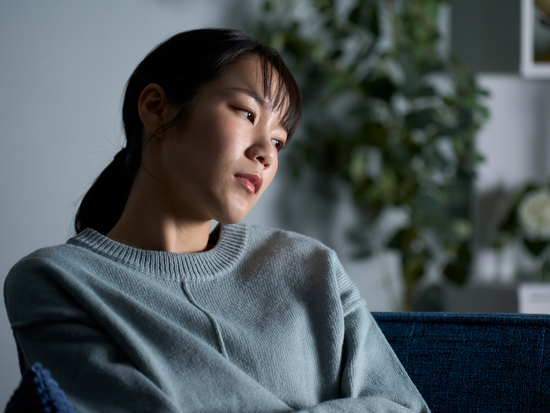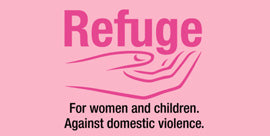TO BE LOVESTRONG IS TO KNOW WHAT IS AND ISN'T LOVE
When we’re Lovestrong we’re empowered and better equipped to recognise the early signs of abuse before they worsen. Watch the video and learn more about the signs to look for to help keep yourself and your loved ones safe.
If you’re experiencing any of the signs or recognise them in the relationships of your friends or family, head to our resources list below for support.
















